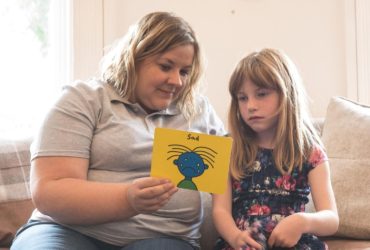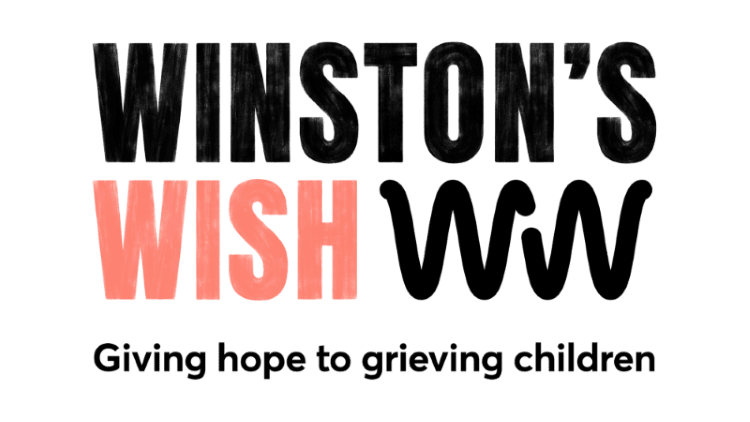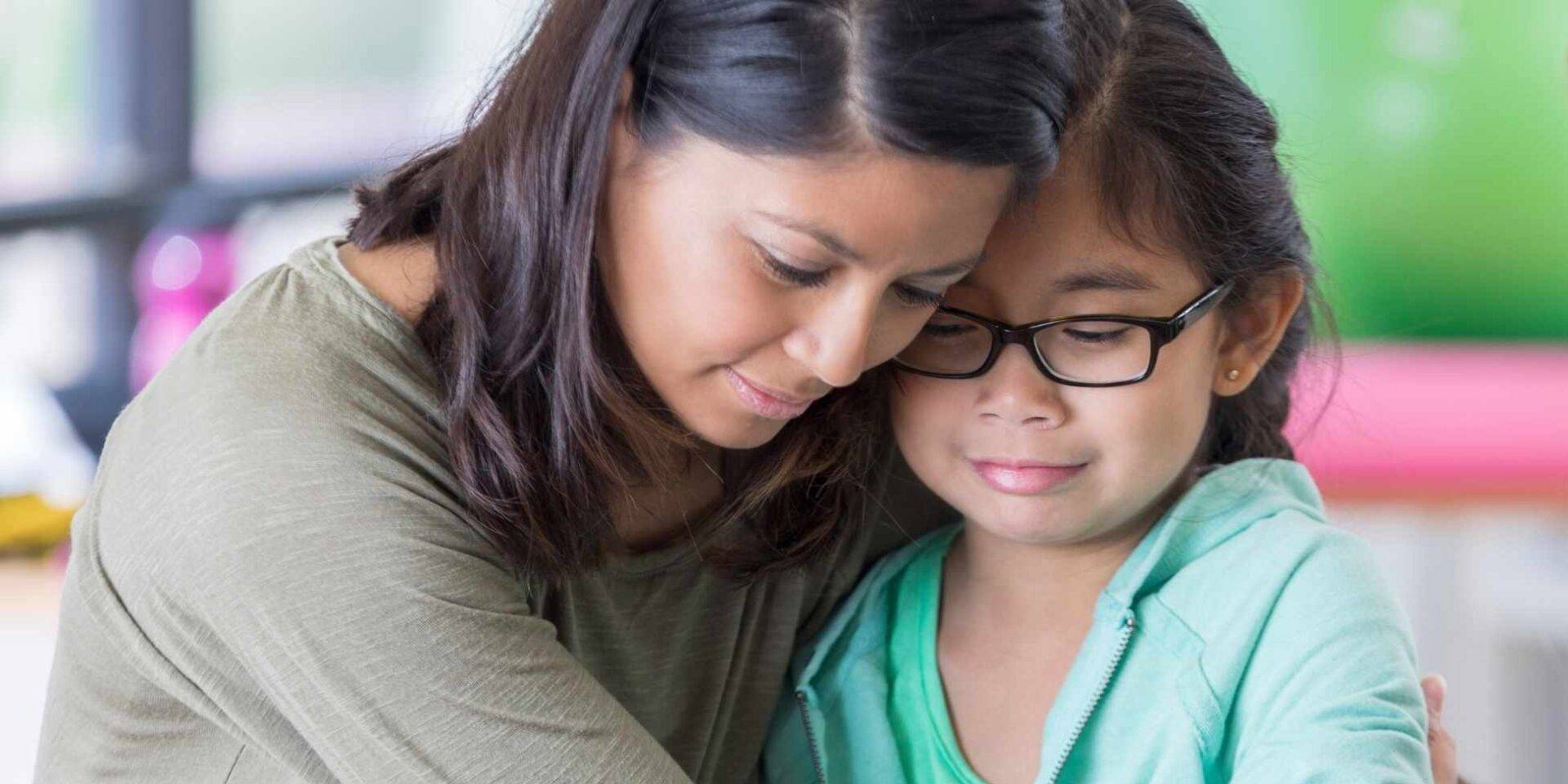A miscarriage, stillbirth or loss of a baby shortly after birth is a devastating bereavement for the whole family. Having to explain the death of an expected baby brother, sister or cousin to a child or young person is an incredibly hard thing to do and can feel impossible when you are grieving too. There is no one right way to talk to a child about the death of a baby, but here is our guidance on supporting children and young people after a baby dies.
You know your child best
There is no rule book on how to tell a child or young person that a baby sibling has died. What you say will depend on the child’s age, their ability to understand and the questions they ask. You know your child and their level of understanding best. This is our guidance on how to talk to children about the loss of a baby, but you’ll know the best way to approach this difficult conversation with your own child.
Be open and honest
Children have a much greater capacity to deal with the truth that most adults realise. They also know when something isn’t right, and they can pick up on these things easily. Even if they didn’t know about the pregnancy, they will be aware that something is not right and that you are behaving differently.
If they aren’t told what is happening, children will often imagine their own version or piece together bits of information which can often be more worrying and upsetting than the truth.
Being open and honest about what has happened can stop any confusion and let your child know they can trust you.
Use clear and simple language
As children get older their understanding of the concept of death develops, but very young children may have very little or no understanding of what death really means. Using clear simple language, such as ‘died’ can feel blunt, but this is less confusing for children. Phrases like ‘gone to sleep’ can be taken literally and be confusing for a child – why don’t we just wake them up? – or worrying – if I go to sleep will I not wake up? Choosing the right language can prevent future worry for a child.
A simple way to explain that a baby has died is that their heart stopped beating and they stopped breathing, which means they are not alive any more.
Reassure them it isn’t their fault
The idea of a new baby can cause anxiety for a child. They may have developed feelings of jealousy or worry about the arrival of a baby brother or sister. This could cause children to believe that their thoughts have caused the death of their sibling. Reassure them that nothing they said or thought caused the loss of the baby and it wasn’t their fault.
They may also need more love and affirmation than normal to remind them that they’re loved as a child and the family’s sadness is no reflection on their love for them.
Answer their questions
Children like to ask questions. You may find that they ask the same thing a few times as they build up their understanding of what death means. Answering their questions honestly and letting them know it’s okay to ask will help them process their feelings.
Their questions may upset you and that’s perfectly understandable. Don’t try and hide your feelings but let them know you are sad and that’s okay. Reassuring your child that you want to answer their questions, even though you’re sad may help them to explore their emotions too.
Help them to express their feelings
Exploring feelings together with children can help them to understand that it’s okay to cry and be upset or angry. This will help them continue to express their emotions without hiding it away.
You may find that younger children switch between feelings very quickly, for example being sad one minute to wanting to play the next. This is perfectly normal. We describe this as ‘puddle jumping’.
Finding creative ways to help children express their emotions can be helpful. Activities like drawing, painting, gardening or play can allow them to release some of their feelings without the need for words.
Teenagers may feel that they should be strong for their parents and may suppress or ignore their own feelings so as not to cause additional pain and distress. They may also feel that they ought to take over some of their parents’ responsibilities. It’s important to try to reassure them that you don’t expect them to look after you. They need to know they don’t have to be strong for you.
Try and keep a routine
During these difficult times it can help a child if you maintain a level of routine in their lives. It could be keeping a consistent bedtime or what they have for breakfast. Continuing a sense of ‘normality’ creates a safe and certain environment in a time with a lot of change.
Involve them in any goodbye rituals
You may decide to have a funeral, memorial service or find an alternative way to say goodbye to your baby. In the same way it can help adults to say goodbye, it can also help children and young people so ask them if they want to be involved. Some may not want to but they will want to have the choice.
Together, you could create a memory box for your baby and include toys, clothing or photos you may have. You could ask your child if they want to draw a picture or write something to put in the memory box. Or maybe you could plant a flower or tree in their memory.
Support for young people after the loss of a baby
If you’re a young person who is struggling with their grief or you are an adult who would like help to support a child or young person after the death of baby sibling, Winston’s Wish are here to help. Winston’s Wish provides support for grieving children, young people (up to 25) and adults supporting them. Please call our Freephone Helpline team on 08088 020 021 or email ask@winstonswish.org. We can provide advice, support and resources.
If you need urgent support, the Winston’s Wish Crisis Messenger is available 24/7 for free, confidential support in a crisis. Text WW to 85258.
If you’d like support for yourself following a stillborn birth or neonatal death, Sands are there to help you. You can call their Helpline on 0207 436 5881 or visit their website sands.org.uk
If you’d like support for yourself following a miscarriage, The Miscarriage Association are there to support you. Visit their website miscarriageassociation.org.uk
You may also like

Activities for grieving children
Download our free activities to help grieving children express their feelings and remember someone who has died.

Information and advice
Advice and resources to support children and young people, including on bereavement by suicide, homicide and serious illness.


